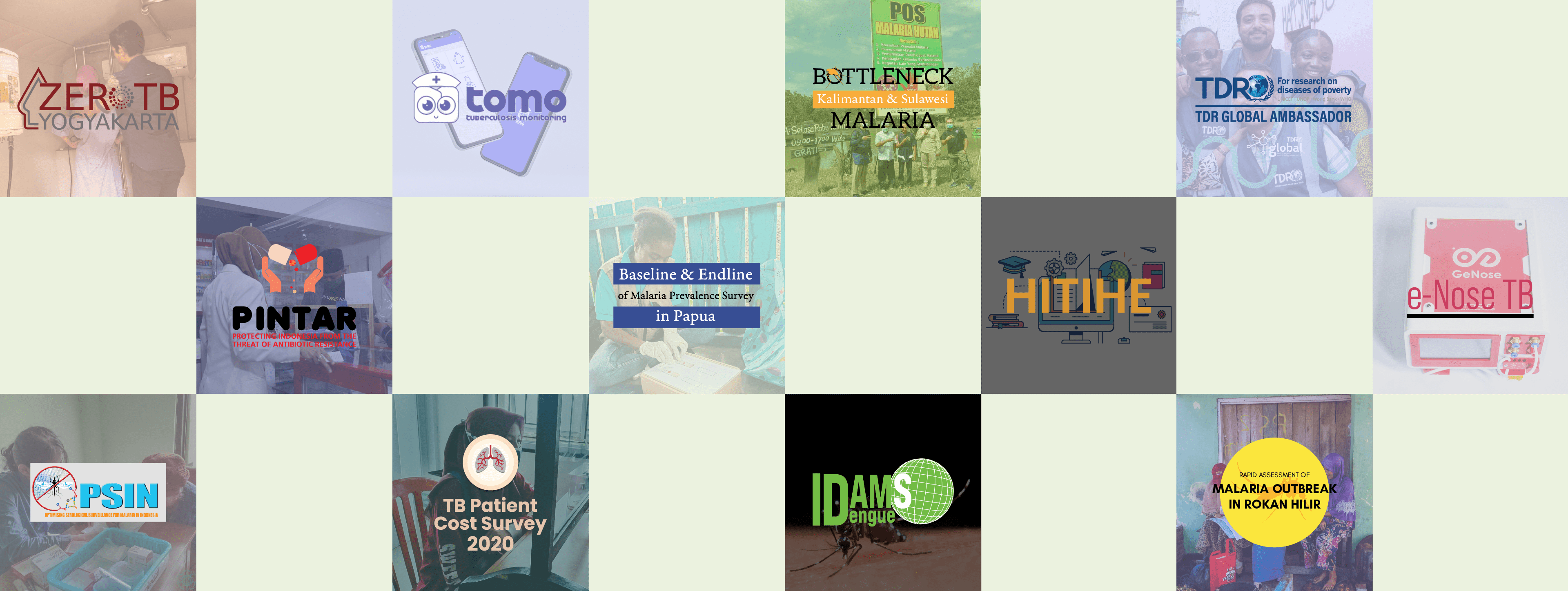Project Description
OPSIN – Optimising serological surveillance for malaria in Indonesia
There is pronounced heterogeneity of malaria transmission with parasite prevalence ranging from 85% in the eastern regions to ~1% elsewhere and with large areas malaria free. However, the sustained transmission of different malaria species combined with the challenge of identifying where, and in who, residual transmission is occurring, mean new strategies are needed to target transmission and reduce the burden of infection. Key to this will be improved surveillance as focus changes to include all infections, not just those that are symptomatic [2]. Asymptomatic infections are typically low density but are still capable of infecting mosquitoes, enabling continued transmission of disease, and are likely to represent a significant component of the infectious reservoir of disease [3].
Malaria surveillance in Indonesia is typically performed through passive case detection via public health facilities. However, studies have demonstrated this method will miss a large proportion of asymptomatic infections present in the community, particularly in low transmission settings [4, 5]. Establishing whether clustering is integral in malaria transmission in Indonesia will help generate more realistic estimates of burden of infection and better targeting of interventions. Diagnostic sensitivity plays an important role in estimating the burden of infection. Low density, asymptomatic infections are not detected by practical field diagnostics, such as rapid diagnostic test (RDT) [9]. Whilst more sensitive molecular diagnostics are available, their utilization in field settings is currently logistically complex and expensive. Additionally, in very low transmission areas the information that molecular tests generate about local transmission can be limited unless sufficient samples are collected.
The main aim of this study is to develop and evaluate integrated serological surveillance methods for monitoring malaria transmission utilising existing public health surveillance system in pre- elimination setting in Indonesia.

